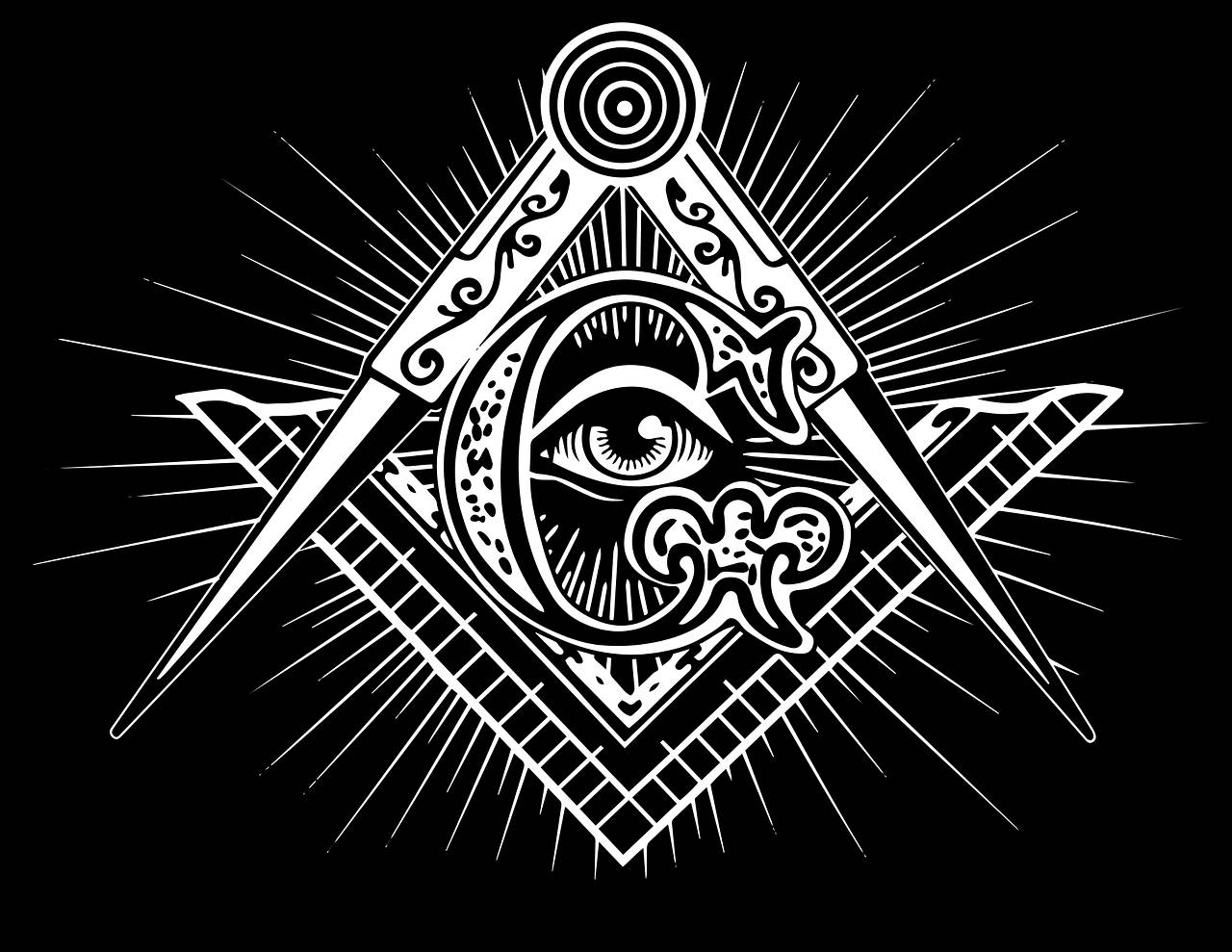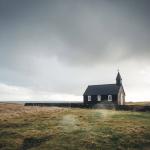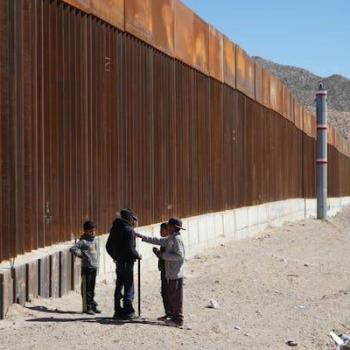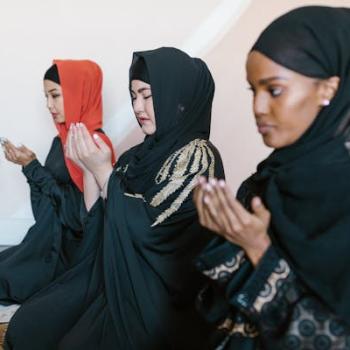
THE RELIGION GUY’S ANSWER
It probably perplexed some people, Catholics included, when the Vatican declared November 13 that Masonic lodge membership by a church member is “forbidden because of the irreconcilability between Catholic doctrine and Freemasonry.”
The announcement reaffirmed Rome’s 1983 declaration that a Catholic who joins the group is “in a state of grave sin and may not receive Holy Communion.” That earlier statement was issued to clarify this penalty because the new revision of the Code of Canon Law had removed the specific condemnation of Freemasonry by name in the prior edition of the code.
Casual observers will see Masons as men who join just another harmless lodge for fellowship and to help out with charity drives. They may have heard that Masonry is considered the world’s oldest and largest men’s fraternal organization with 2 million members in the U.S. and more than a million in other nations, according to masonicfind.com. That hardly compares with Catholicism’s global flock of 1.3 billion plus and growing.
The November ban resulted from a question posed by the bishops in the Philippines, where Masonry has growing popularity. However, U.S. lodges fret over their declining ranks. As Masonic blogger Michael Harding comments, “All membership-based organizations, from churches, sports leagues, scouting, professional associations, labor unions, chambers of commerce and other civic groups, are all experiencing accelerating membership declines with numbers of new members not keeping pace with aging memberships and a general lack of relevancy in today’s ever-increasing time-starved lifestyles.”
Convoluted history
As with many religious matters, the Catholic situation has a long and convoluted history, and the same with the Freemasons’ multiplied organizations and practices. Though Masonic legends may claim roots in ancient times, the documented history of the modern organization we know began in England in 1717 and within years saw notable growth with recruitment of influential adherents, and then a spread to Europe and North America.
As soon as 1738, “In Eminenti,” a papal bull of Clement XII, prohibited church members from joining, aiding or consorting with Masons “under pain of excommunication.” Such lodges are “depraved and perverted,” he stated, without detailing their outrages. The chief stated objection was the strict, oath-bound secrecy of lodge operations, which caused suspicious government authorities to suppress the movement.
Sixteen papal denunciations followed, alongside disputes over Masons’ anti-clerical or anti-Catholic activities, particularly in Italy and France. The most recent formal papal teaching on this came from Leo XII in texts he issued in 1882, 1884, 1890, 1894, and 1902. The apostolic letter “Praeclara Gratulationis Publicae,” for instance, said of Masonry that “under the pretense of vindicating the rights of man and of reconstituting society it attacks Christianity; it rejects revealed doctrine, denounces practices of piety, the divine sacraments, and every sacred thing as superstition.”
The November statement had no language explaining these long-running hostilities but the highly-regarded Catholic news site cruxnow.com summarized that the objections are partly “grounded in concerns that Masonic doctrines foster pantheism, rationalism and a naturalistic view of the world. In part, too, the Vatican has long objected to the practice of secrecy with Masonry, seeing it as a potential cover for subversive and anti-social activity, including attacks on traditional political and spiritual authority.”
Grand Architect
In other words, the fact that Masonry involves such devotional aspects as reverence for the “Grand Architect of the Universe” is said to constitute a rival latitudinarian religion. Some Protestant denominations agree on this. On the other hand, Joseph Smith, founder of The Church of Jesus Christ of Latter-day Saints (a.k.a. Mormon) was an avid Mason and, analysts say, based his own secretive temple rituals on Masonic traditions.
U.S. Catholics in the 19th Century had good reason for suspicions of secret organizations due to the attacks on immigrant Catholics by the “Know Nothing” movement (a nickname because adherents responded to inquirers by saying ‘I know nothing’) and the later Ku Klux Klan. Among the era’s evangelical Protestant social reformers, opposition to Christians belonging to secret societies often fused with demands to abolish slavery.
Less dramatically, Masons’ secret inner workings often rouse suspicions of private favoritism toward fellow lodge members in business and employment.
There’s been no unified official reaction from Freemasonry to the latest Vatican statement. But the Freemasonsfordummies blog said that “Catholic Masons pretty much remain unmoved by the restriction.” This site further commented, “That the famously liberal Pope Francis” would allow reaffirmation of past denunciations “is an exceptionally disappointing blow to the hundreds of thousands of Catholic men around the world who are Masons and who don’t regard the fraternity as irreconcilable with their faith in any way.”













